Provide Access to Proactive Screening
Give your patients peace of mind with TrueScan's advanced Full-Body MRI & AI Heart Scans.
Help Your Patients Catch Conditions Early
More and more patients every year are taking an active interest in being proactive about their health.
Our team works closely with you to give your patients comprehensive insights about their health. With TrueScan, you can identify potential issues earlier, diagnose quicker, and strengthen your patient relationships.
How to Refer a Patient
Refer your patient
Fax a referral or have your patient book a scan - and we'll reach out to you. Your patients will then be assigned a dedicated patient care coordinator to ensure they are well-taken care of.
Track patient progress
We'll send you consistent updates about your patient from start to finish. If we need more information about your patient, we'll send you a notification. You are always kept in the loop.
Receive detailed report
Receive your patient's TrueScan report and images within 7 days. The report will contain contextualized findings to make them easier to understand for your patient.
How Our Full Body MRI Compares
| Cancer | MRI (No radiation) | CT (Radiation) | FDG PET (Radiation) | Ultrasound (No radiation) |
|---|---|---|---|---|
| Brain | ||||
| Pancreatic | ||||
| Kidney | ||||
| Lung | ||||
| Prostate | ||||
| Ovarian | ||||
| Liver |
Test Effectiveness
How Our AI Heart Scan Compares
| Condition | CCTA + AI | Echo | Calcium Score | Stress Test |
|---|---|---|---|---|
| Soft Plaque Quantification | ||||
| Hard Plaque Quantification | ||||
| Ischemia/FFR Analysis | ||||
| Heart Attack Risk | ||||
| Valve Disorders | ||||
| Heart Function |
Test Effectiveness
How We Stand Out
Exceptional service
We are dedicated to ensuring that your patients are comfortable as possible – because we know that getting a scan can be stressful.
Priority access
Give your patients access to priority appointment times. You will have a dedicated account manager to ensure your long-term success.
Exclusive pricing
Your patients will have access to preferred pricing for scans when you work with us. By doing this, you are making preventative screening more accessible.
Why Work with Us?
At TrueScan, we offer Full Body MRI & AI Heart Scans. Here's how we work with practices to provide the best care.
Core Partner
For small and medium practices
Executive Partner
For large practices needing custom solutions
All services included in Core Partner
"The only way to substantially reduce incidence and mortality for any disease is through prevention."Harvard Public Health
Frequently Asked Questions by Doctors
Insurance companies do not currently cover full body MRIs. Although full body MRIs can actually benefit insurance companies by helping prevent late-stage disease treatment, it could unfortunately take years before insurance companies recognize the utility of these scans.
CCTA is covered by most insurance plans when ordered by your physician for the evaluation of chest pain or other risk factors for heart disease. In addition, the FFR-CT analysis has Class I coverage, meaning most payers reimburse it when your CCTA shows a 40–90% narrowing in a coronary artery. AI plaque analysis is also gaining coverage. A new national CPT code takes effect January 1, 2026, which will make reimbursement widespread. Until then, coverage varies by insurance carrier, but is expanding quickly as payers adopt the technology. At TrueScan, we submit all claims following payer guidelines and work with your insurance to maximize coverage for your test.
There are several advantages that make MRI a superior choice for screening for tumors. Firstly, MRI doesn't use harmful radiation, unlike CT scans. This means we can theoretically perform MRI scans as frequently as needed without increasing the patient's risk of radiation-induced health issues. MRI can differentiate between various types of soft tissues much more effectively than CT, which primarily relies on density differences. This enhanced contrast allows MRI to detect subtle changes in tissue composition that might indicate the presence of a tumor, even in its early stages. MRI's multiparametric capabilities provide a wealth of information about tissue characteristics. Different MRI sequences (e.g. T1-weighted, T2-weighted, diffusion-weighted imaging) can reveal various aspects of tissue properties, helping to characterize tumors more accurately. For instance, diffusion-weighted imaging can help distinguish between benign and malignant lesions based on the movement of water molecules within tissues. MRI also excels in imaging certain body areas where CT has limitations. For example, MRI is particularly effective for detecting brain tumors due to its superior contrast in neural tissues. However, it is important to note that low-dose chest CT remains the gold standard for lung cancer screening.
A calcium score test is a quick, non-contrast CT that measures only calcified plaque. While it provides a general sense of overall plaque burden, it has major limitations: it does not show whether plaque is narrowing your arteries (stenosis), whether blood flow is reduced, or whether treatment might be needed. Even more critically, calcium scoring completely misses soft and necrotic plaque – the unstable types most likely to rupture and cause heart attacks. Many patients can have a calcium score of '0' while still carrying high-risk plaque. An AI Heart Scan (CCTA with HeartFlow) uses contrast to provide a complete view of your coronary arteries. It shows anatomy plus plaque type (soft, calcified, and necrotic) and severity. The scan also measures how each narrowing affects blood flow (FFR), helping determine whether intervention is needed or if the plaque can be safely monitored and treated. In short: a calcium score gives you a rough total of calcified plaque, while an AI Heart Scan provides a full roadmap of your arteries, plaque, and blood flow – insights that directly guide treatment decisions.
No. Our scan is intended to serve as an adjunct to, but not replace, other established evidence-based screening practices for early detection of specific malignancies, such as dedicated breast imaging, colonoscopy, Pap-smear screening, and low-dose chest CT for high-risk patients.
Let's Make a Difference for Patients Together
Fill out the form and we'll be in touch with next steps.
